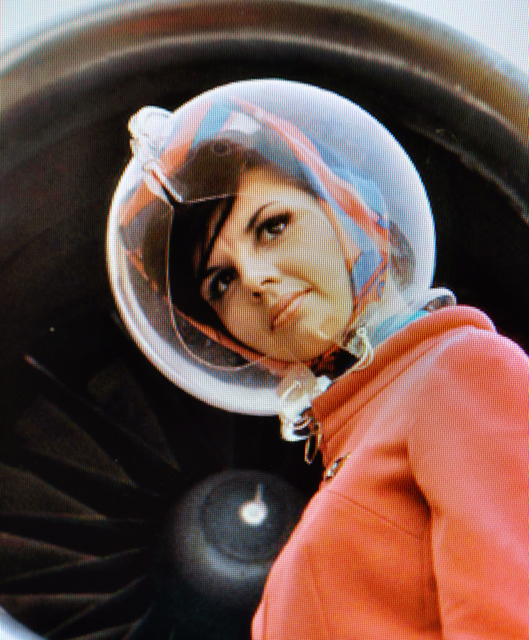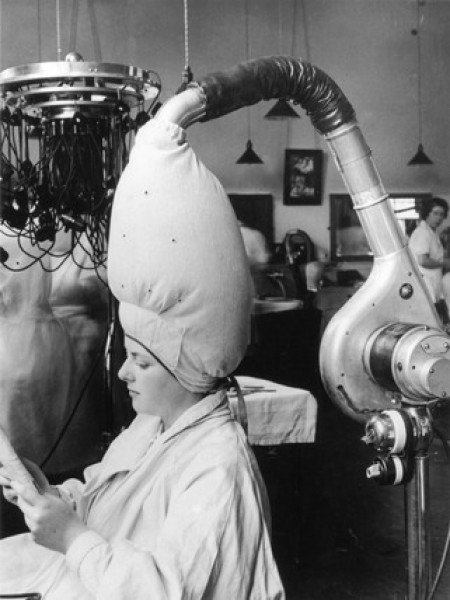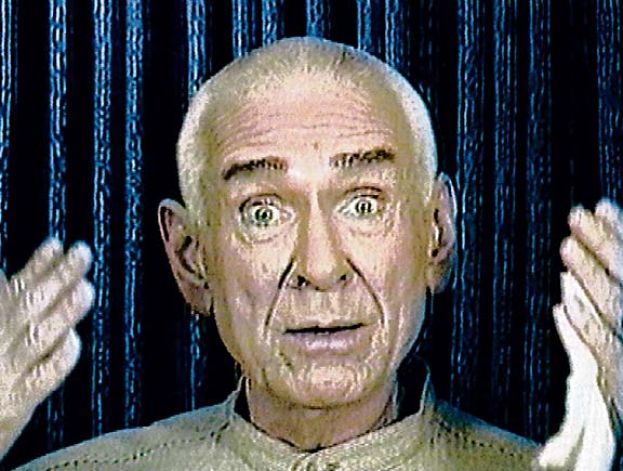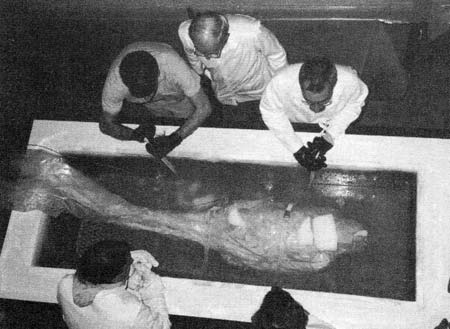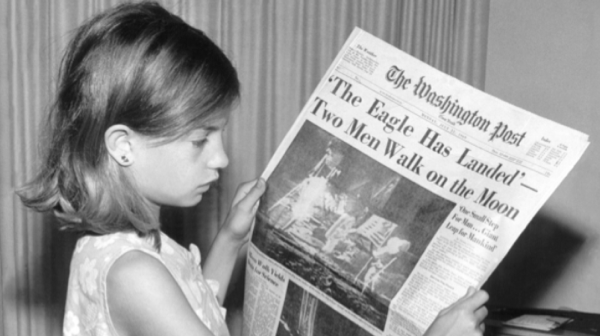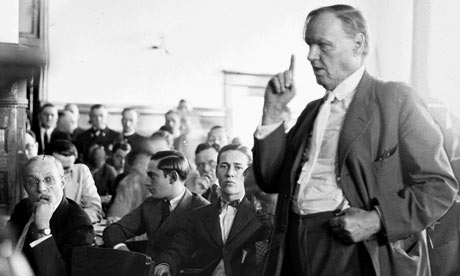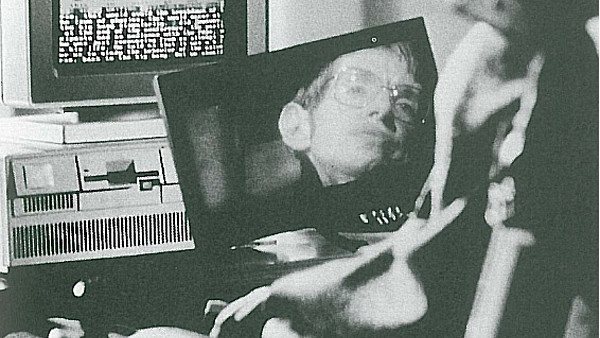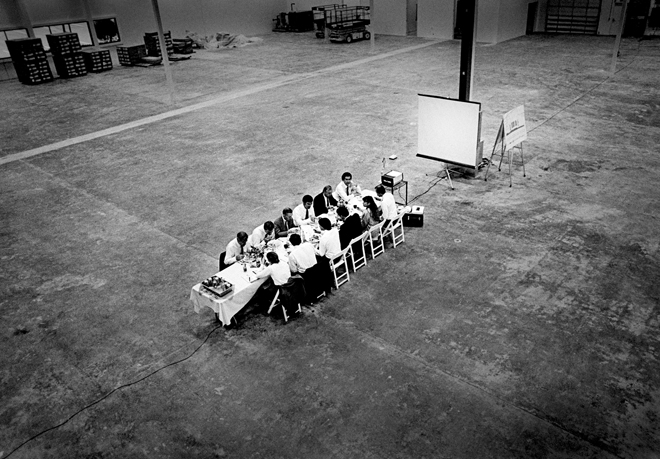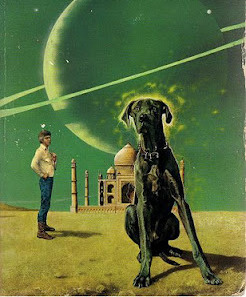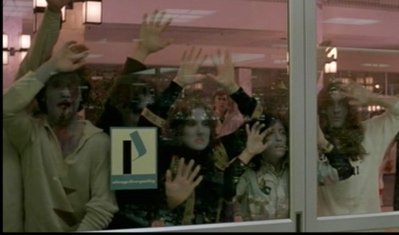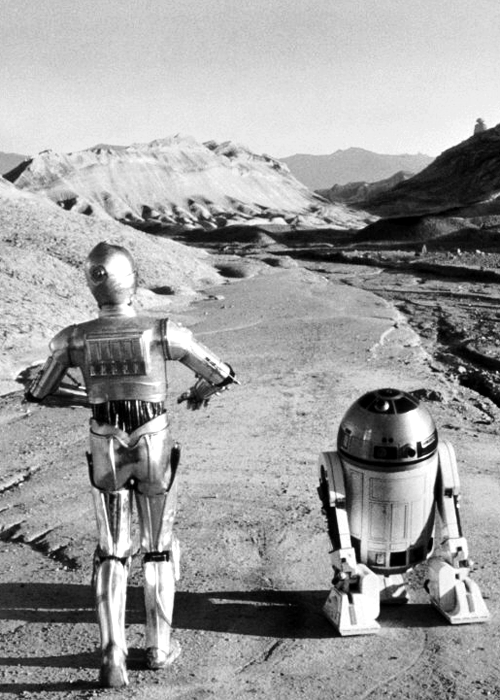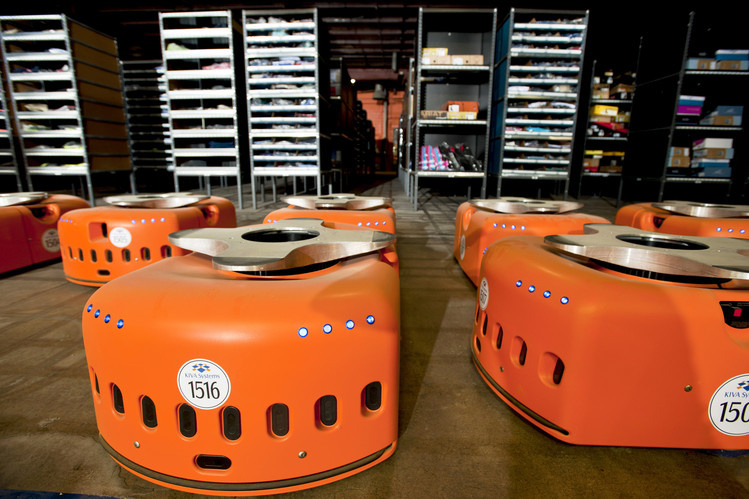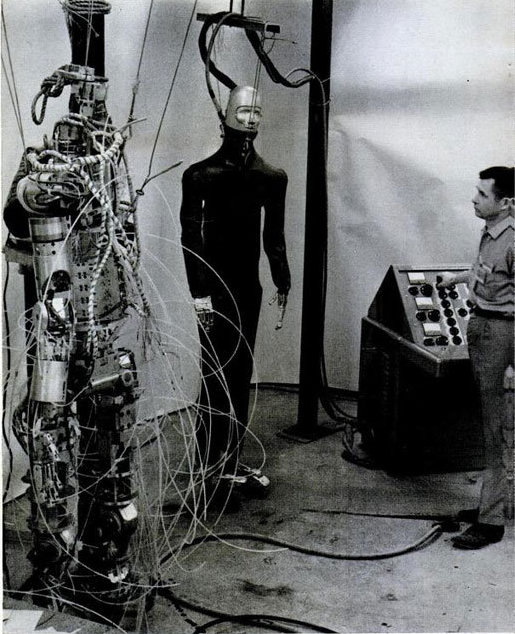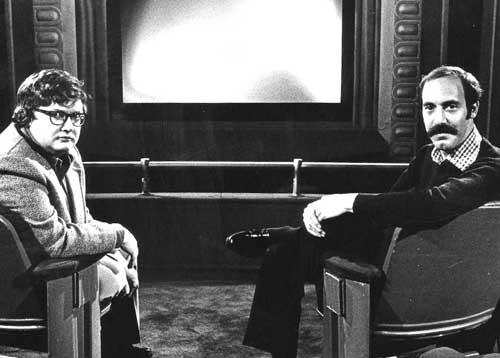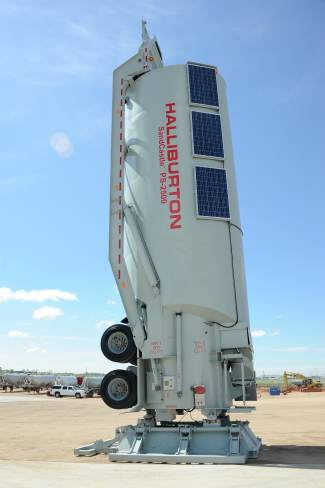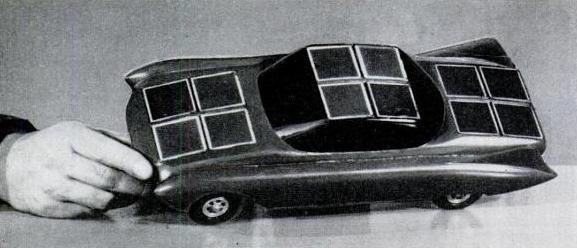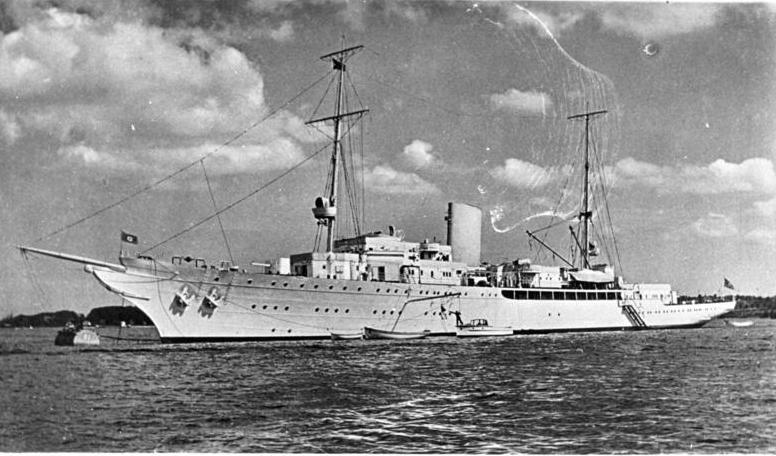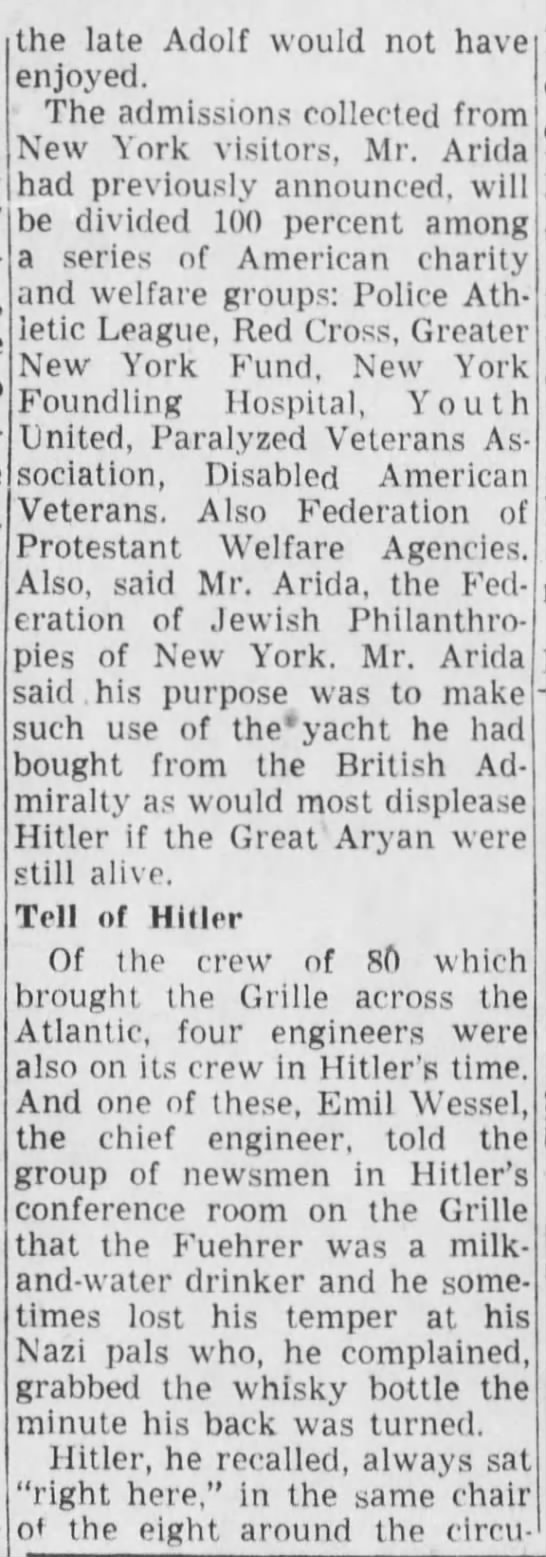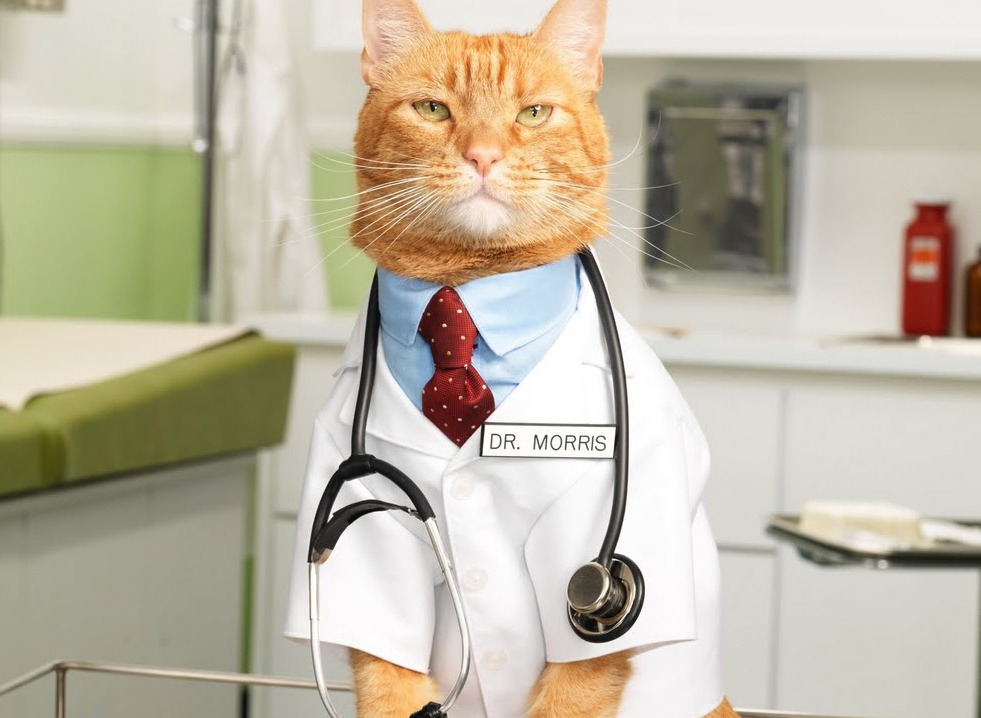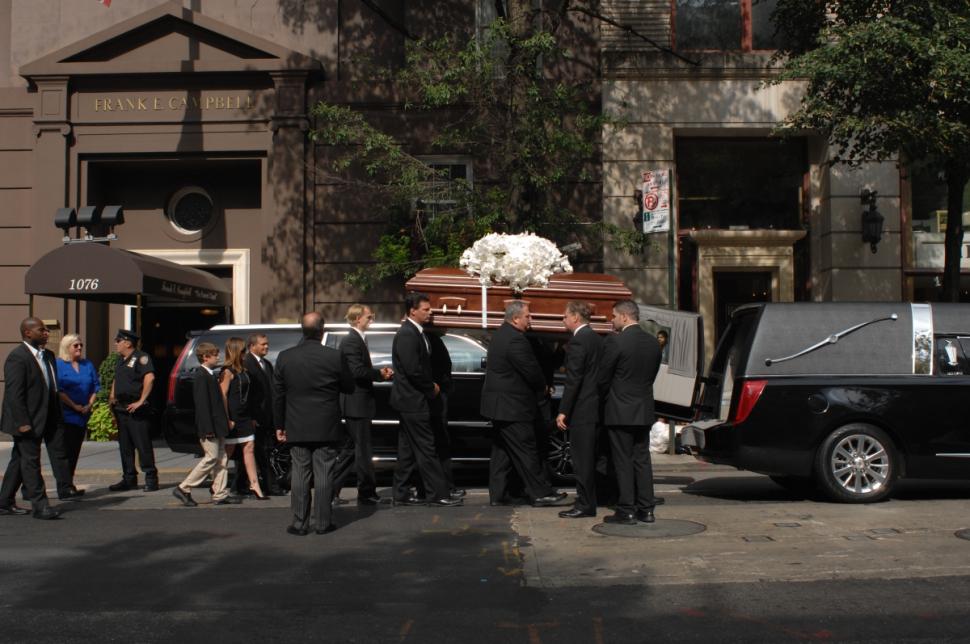
Justice only works if the people implementing it are just, the impulse to protect the most vulnerable among us useful only if there’s a sense of history and proportion. Some who see themselves as noble, who self-identify as put-upon, are not protecting people but merely a sense of privilege.
Two reactions to Ferguson follow, the first from Manny Fernandez and Alan Blinder of the New York Times about an armed militia that’s descended on the embattled town to protect the “weakest” and the second an exchange from an interview conducted by Frank Rich of New York with Chris Rock, who somehow keeps getting more brilliant and perceptive.
_____________________________
FERGUSON, Mo. — When Sam Andrews awoke on Tuesday morning, he found his wife watching a television interview with a woman whose bakery had been vandalized during the violent unrest here on Monday.
“She said, ‘You’ve got to go help her,’ ” Mr. Andrews said in an interview on Saturday morning.
And so Mr. Andrews, a former Defense Department contractor who is now a weapons engineer in the St. Louis area, set to work. Under the auspices of a national group called the Oath Keepers, Mr. Andrews accelerated plans to recruit and organize private security details for businesses in Ferguson, which are receiving the services for free. The volunteers, who are sometimes described as a citizen militia — but do not call themselves that — have taken up armed positions on rooftops here on recent nights.
“It’s really a broad group of citizens, and I’m sure their motivations are all different,” said Mr. Andrews, who is in his 50s. “In many of them, there’s probably a sense of patriotism. But I think in most of them, there’s probably something that they probably don’t even recognize: that we have a moral obligation to protect the weakest among us. When we see these violent people, these arsonists and anarchists, attacking, it just pokes at you in a deep place.”
_____________________________
Frank Rich:
What would you do in Ferguson that a standard reporter wouldn’t?
Chris Rock:
I’d do a special on race, but I’d have no black people.
Frank Rich:
Well, that would be much more revealing.
Chris Rock:
Yes, that would be an event. Here’s the thing. When we talk about race relations in America or racial progress, it’s all nonsense. There are no race relations. White people were crazy. Now they’re not as crazy. To say that black people have made progress would be to say they deserve what happened to them before.
Frank Rich:
Right. It’s ridiculous.
Chris Rock:
So, to say Obama is progress is saying that he’s the first black person that is qualified to be president. That’s not black progress. That’s white progress. There’s been black people qualified to be president for hundreds of years. If you saw Tina Turner and Ike having a lovely breakfast over there, would you say their relationship’s improved? Some people would. But a smart person would go, “Oh, he stopped punching her in the face.” It’s not up to her. Ike and Tina Turner’s relationship has nothing to do with Tina Turner. Nothing. It just doesn’t. The question is, you know, my kids are smart, educated, beautiful, polite children. There have been smart, educated, beautiful, polite black children for hundreds of years. The advantage that my children have is that my children are encountering the nicest white people that America has ever produced. Let’s hope America keeps producing nicer white people.•


